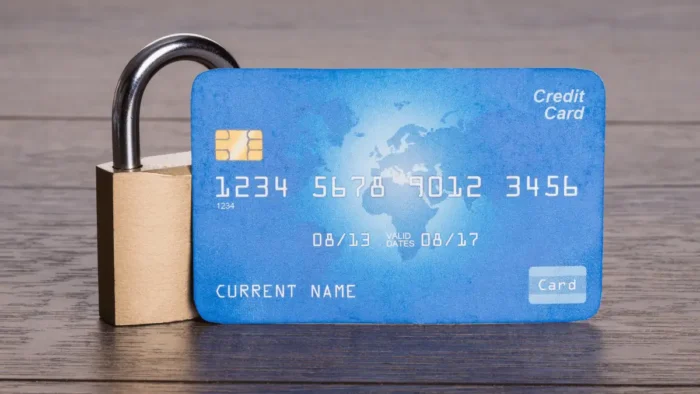Although advancements in technologies have come with many benefits to businesses, it also has its challenges because hackers use the innovations to trick companies. They take advantage of these to steal valuable data and intellectual properties. They can use the stolen information to access bank details or expose sensitive data to third parties.
However, the good news is you can avoid cyberattacks and breaches of information if you can have the right security measures in place. To effectively implement these measures, you need to have a deeper understanding of the CIA triad. This concept states that business data security is guided by three main principles: confidentiality, integrity, and availability.
In this article, you’ll learn some simple yet effective ways that can help ensure your business data is secure. But before that, you need to understand what data security is and its importance. Read on to get enlightened.
What Is Data Security?
Data security is also known as information technology security. It’s the process of protecting vital business information from unauthorized access. In other words, it’s the practice of ensuring servers, computers networks, applications, and other business computing systems are safe from malicious attacks. Business data security ensures both the company’s and customers’ information can’t be corrupted by unauthorized personnel.
Protecting Your Business Data Security
A business enterprise collects a lot of valuable information. The data gathered forms parts of the business’s valuable assets. So, just like any other business asset, data should be protected from unauthorized access, be it internal or external personnel.
There are many benefits of protecting business data. For instance, when properly implemented, business data security can help protect your business from financial loss, improve customers’ confidence, prevent business reputation damage, and much more.
The following are some tips for business data security:
1. Conduct A Security Audit
When it comes to business data security, conducting an audit is the first step you need to consider. This is because it can be a challenge to effectively protect your business if you don’t know which areas are vulnerable to cyberattacks. So, conducting an audit will help you concentrate on the most vulnerable areas. This helps save time, money, and other resources.
You can use your internal audit staff or outsource audit services to account for your entire IT infrastructure. Auditing helps determine what aspect of your business needs more protection from hackers.
2. Safeguard Your Passwords
To protect your business data, ensure your passwords are safe from unauthorized persons. You can ensure your passwords are secure by using multiple, complex passwords, making it hard for anyone else to guess.
Also, ensure you advise your staff to memorize their passwords rather than writing them down. This ensures unauthorized persons can’t use them to access your business systems.
3. Backup Your Data
Even after ensuring your data is safe from attackers, it’s always good to have a backup system in place because with the ever-changing technologies, hackers might find other ways to access and steal your business details. If that happens, you might end up losing all your data. A backup ensures you can retrieve your valuable assets.

4. Update Your Software Regularly
Another thing you can do to protect your data is to keep updating your software because hackers can scan your network to find out which version you’re using to run your website. If you’re still using older versions, they can easily access your business system. This can be avoided by installing automatic updates to ensure your software is always up to date.
5. Dispose Of Data Properly
The way you dispose of the data you no longer need plays an important role in protecting your business as it can either expose or secure your business. So, when disposing of old data, be sure to use secure methods. For instance, ensuring you remove content from storage media and other devices before you dispose of them is vital. It ensures data can’t be retrieved by any other person.
6. Implement The Principle Of Least Privilege
The principle of least privilege allows users to access the system and only do what they’re required to do. In other words, it ensures any person is given minimum rights to complete only the needed task. For instance, if a cashier is given a point of sales, they have no right to access the business’s financial records. Also, if a user is given the right to pull data from a database, they don’t need admin rights.
Takeaway
In the modern digital world, most businesses have gone online. This setup can expose them to hackers, so protecting your data is essential. As you’ve seen above, there are many ways you can do it. But most importantly, you need to ensure all your staff understands the importance of business data security. Protection against hackers will ensure your business stays ahead of the competition.





